The Biden admin. may give a critical boost to the auto industry as sales of battery-electric vehicles slow, temporarily lifting rules sharply curtailing the number of EVs qualifying for federal tax credits. But the senator who introduced the restrictions says he’ll fight any rollback.

The Ford F-150 Lightning is one of just 22 EVs that now qualify for federal tax incentives under the Inflation Reduction Act.
New guidelines covering EV sourcing were put into place as part of the Inflation Reduction Act. But while the president was hoping to see a boost in EV demand, industry experts say they’ve actually hurt demand by effectively raising prices. Now, the White House is in “ongoing discussions” that could temporarily lift the sourcing rules, according to one of Michigan’s U.S. senators.
To qualify for up to $7,500 in incentives under the Inflation Reduction Act passed by Congress in August 2022, automakers must meet strict guidelines covering not only where EVs are assembled but where their batteries and raw minerals come from.
Just 22 all-electric and plug-in hybrids – barely a third of those currently on the market — now pass muster, something that industry analysts believe has had a negative impact on U.S. sales. From 2019 to early 2023, battery-electric vehicles saw their share of the U.S. market jump from less than 1% to just over 8%, according to J.D. Power data. But demand has started to flatten out since the U.S. Treasury Dept. issued guidelines on the domestic sourcing rules.
“Ongoing discussions”

President Biden, shown during a visit to Detroit during the UAW strike, may temporarily lift domestic sourcing rules.
With Pres. Joe Biden a strong proponent of EVs – setting a target of reaching 50% of new vehicle sales by 2030 – revising the guidelines has been a topic of “ongoing discussions,” U.S. Sen. Debbie Stabenow told Automotive News.
The Michigan Democrat said she has been talking to officials from both the Departments of Energy and the Treasury, and has “weighed in to express support for the concerns of the automakers.
The auto industry has been struggling to comply with the IRA. Manufacturers from around the world have announced plans to start building new EVs in the U.S., Canada or Mexico – the two neighboring nations qualifying under the revised NAFTA trade agreement. At least two dozen new battery plants have been announced for North America since the measure was passed 15 months ago. And there’s an aggressive effort underway to develop new sources for key minerals needed for modern batteries, including lithium, cobalt, nickel and manganese.
Credits offset higher EV costs
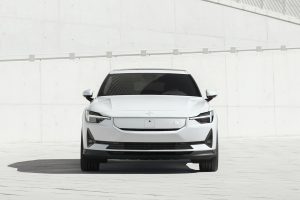
The Polestar 2 is one of the dozens of EVs that no longer qualify for federal tax credits requiring not only U.S. assembly but domestic sourcing of batteries and minerals.
But industry representatives have cautioned that it will take time to put those efforts in place. So, in the meantime, a sizable share of the EVs on the market have lost the sales incentives that are seen as critical to winning over mainstream consumers.
The credits help offset the higher cost for battery-electric vehicles which today average about $60,000 and run about $12,000 more than comparable models using internal combustion engines, according to Kelley Blue Book.
(New rules let buyers instantly apply tax credits towards EV downpayment.)
Vehicles from only six manufacturers – Ford, General Motors, Nissan, Rivian, Tesla and Volkswagen — are today eligible for sales incentives of up to $7,500. There is a loophole that allows some motorists leasing EVs and PHEVs to receive the tax credits, but leasing currently makes up a small share of the EV market, industry data shows.
Sales growth flattens out
“EVs have become a tougher sale” in recent months, said Power data and analytics chief Tyson Jominy, though incentives aren’t the only reason for the slowdown in growth this year.
(EVs suffering from lower quality than gas models: new Consumer Reports study.)
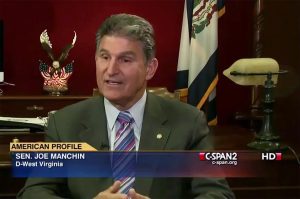
West Virginia Senator Joe Manchin backed the sourcing rules and says he’ll fight any effort to lift them.
The domestic sourcing guidelines were a late addition to the IRA and were championed by Sen. Joe Manchin. The West Virginia Democrat has not been a fan of EVs and argued that any incentives should be used to not only boost sales of electric vehicles but also to bring manufacturing jobs back to the U.S.
Proposal meets pushback
For his part, Manchin said he would support challenges to the Biden administration if it tried to lift the sourcing rules, especially if it allowed batteries and mineral to come from adversarial nations, notably China.
“We’re going to hold them very much to the intent of the bill and not the intent of what they want,” Manchin told Automotive News, referring to the Biden administration with which he has frequently clashed. “They are trying to implement a piece of legislation they couldn’t pass.”
An ironic twist
One of the ironies of the IRA’s EV incentives rule is that it actually restored tax credits for several manufacturers that had lost that benefit under prior federal guidelines.
Under previous rules, automakers lost the ability to give credits to buyers after they passed a 200,000-unit EV sales threshold. Tesla was the first to reach that cut-off, followed by General Motors, Ford and Nissan. All four now regain access to federal incentives as long as they meet sourcing requirements.
By temporarily lifting the new sourcing mandate, a dozen or more brands could benefit, including traditional manufacturers Hyundai Motor Group, BMW, Mercedes-Benz, Honda and Toyota, as well as start-ups like Polestar that source their batteries and minerals abroad.
Even if the rules change, some manufacturers, as well as specific products won’t qualify for giveback due to other IRA restrictions. The Lucid Air, for example, is priced above the cap set by Congress.

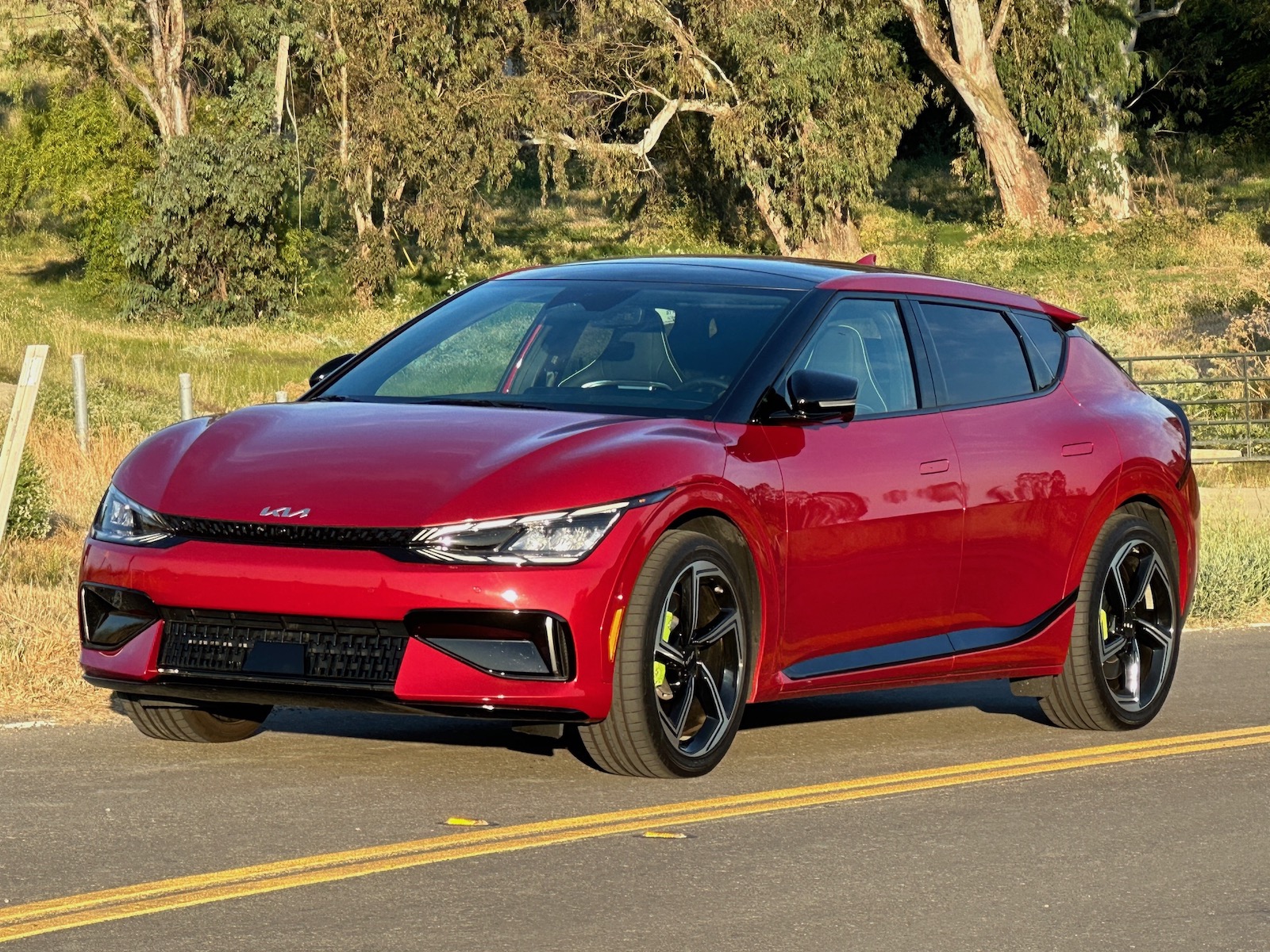
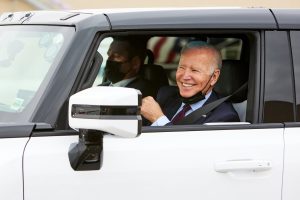
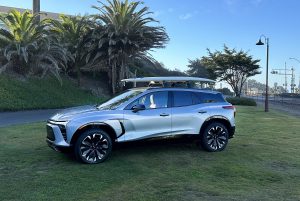
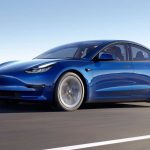
0 Comments